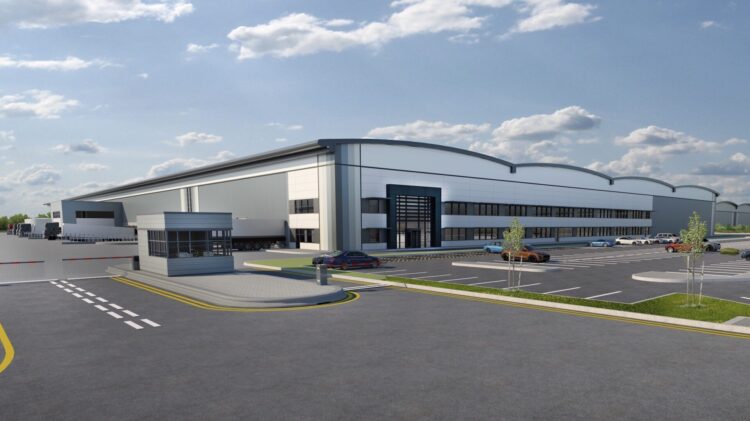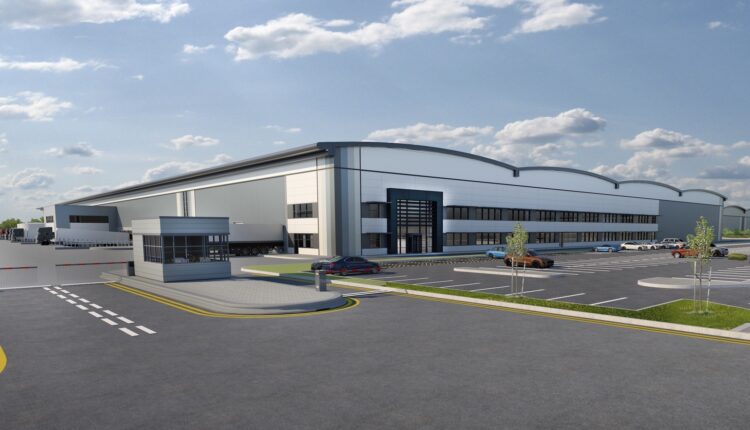Online retailers such as Amazon have sparked a boom in the take-up of logistics space across the North West as COVID-19 keeps consumers away from the high street. Tony McDonough reports

Online retailers such as Amazon have created a surge in demand for logistics space across the North West during the COVID-19 pandemic.
New figures from property consultancy Cushman & Wakefield show take-up of logistics space in the region hit 4.7m sq ft in 2020, an increase of 32% on 2019. A big rise in e-commerce due to lockdowns and restrictions fed the demand.
Almost 38% of total annual take-up (including parcel delivery and postal operators) came from e-commerce operators, an all-time high. Demand across the North West originated from all major sectors with manufacturing accounting for one third of deals signed.
Availability of space in the region fell by more than 40% in 2020 to 7.4m sq ft, significantly below the long-term average of 9.3m sq ft. This lack of supply is apparent for larger units, with only eight buildings in the North West capable of accommodating requirements of 200,000 sq ft and over.
A number of logistics projects are in the pipeline in the Liverpool city region that will help meet the growing demand for logistics space. These include plans for logistics parks of around 1m sq ft each at two former Merseyside coal mines – Symmetry Park at the former Cronton Colliery in Knowsley and the Parkside development at the former Parkside Colliery near St Helens.
Rob Taylor, partner, logistics & industrial at Cushman & Wakefield in the North West, said: “Despite the unprecedented challenges in 2020 brought about by the COVID-19 pandemic and Brexit, we saw the sector respond to the opportunities positively with record levels of take-up, as well as continued rental growth and increasing land values.
“With a number of new entrants coming into the industrial market in 2020 and early 2021, we see this trend set to continue. In the first few weeks of 2021 we have already seen a continued strength in the depth of demand and with further speculative development confirmed and proposed in the region, we hope to see a strong figure again for 2021.”
Bruno Berretta, associate director, UK industrial and logistics research and insight at Cushman & Wakefield, added: “The uncertainty linked to Brexit has dissipated following the last-minute deal between the UK and EU and should facilitate decision making in 2021.
“Many occupiers are still busy working out the practical implications of the deal and how to best serve in a cost-effective manner the UK and continental markets. In some cases, this could mean setting up a dual UK-EU distribution model.
“Overall, the longer-term implications of the deal hinge on the ability of UK businesses to remain competitive in the face of rising costs associated with red tape and tariffs in the event, for example, UK exports didn’t satisfy Rules Of Origin (ROO) requirements.”

